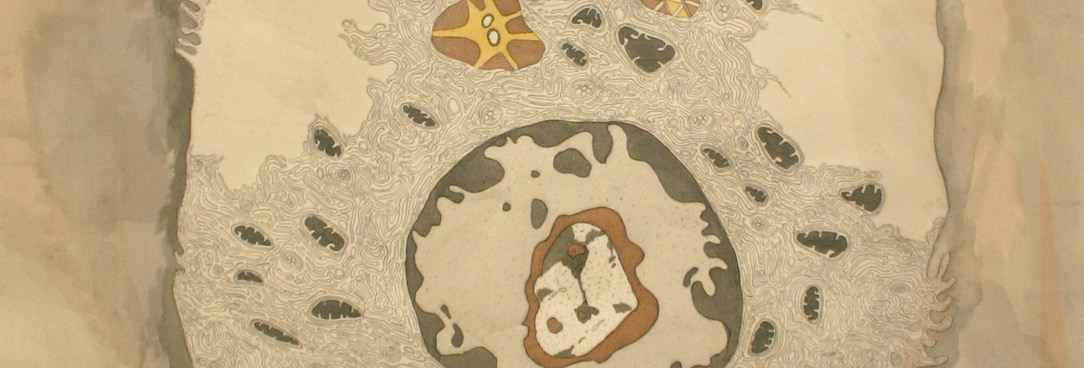Cultural Sensitivity Statement
PROV’s archival collections contain historical and government records that reflect social and individual attitudes throughout Victoria’s history since colonisation. They were created in the context of government policies and legislation that have had a major impact on many Aboriginal families and communities in Victoria. They contain words, descriptions and information that may be insensitive or inappropriate and may be upsetting.
While the information may not reflect current understanding or past experience for Aboriginal Peoples and communities, it is provided in an historical context. These views are not the views of PROV.
The records may contain images of people now deceased. This may cause sadness or distress, particularly for relatives and family members.
You may wish to have a support person available when accessing records, or seek support for your research journey from your local Aboriginal community organisation or from a Stolen Generations or other service provider.
You can seek immediate help by calling Lifeline: 131114.
PROV services for Aboriginal Peoples
Our Koorie Services pages have additional information about PROV records and services for Aboriginal Peoples.
This includes a dedicated Koorie Reference Service delivered in collaboration with the National Archives of Australia to assist Aboriginal Peoples to locate and access records about their families in Victorian government records.
There are online research topic guides and publications that give general information about researching and accessing records about Victorian Aboriginal people, places and communities in the PROV collection.
Publication and re-use of records about Aboriginal Peoples
Copyright law applies to records about Aboriginal Peoples in the same way as other records in the collection. Rights-based frameworks such as Indigenous Cultural and Intellectual Property (ICIP) rights developed by Terri Janke highlight the gaps in copyright legislation in protecting Aboriginal Peoples' cultural heritage and knowledge rights.
Due to the possible personal and cultural content contained within the records relating to Aboriginal Peoples, researchers should make reasonable efforts and act in good faith to ensure that any disclosure of information or images contained in these records is consistent with the sensitivities and views of relevant Aboriginal individuals and communities to whom the records relate.
You can contact PROV's Koorie Records Unit or your local Aboriginal community organisation for further advice.
Tandanya-Adelaide Declaration
The Tandanya-Adelaide Declaration was presented to the International Council on Archives (ICA) by its Expert Group on Indigenous Matters at the conclusion of the first international Indigenous Summit, See us, hear us, walk with us: challenging and decolonising the archive, held on Kaurna Country on 25 October 2019.
The declaration has since been formally endorsed by both the Council of Australasian Archives and Records Authorities (CAARA) and the Australian Society of Archivists (ASA). PROV is committed to taking action to respond to the five key themes within the declaration - self-determination, knowledge authorities, property and ownership, recognition and identity, and research and access.
